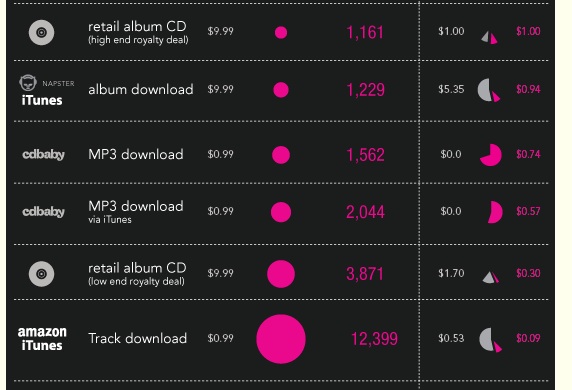If, like me, you’re finding it hard to figure out from the blurred footage on Al Jazeera what’s really going on, this typically vivid Robert Fisk dispatch might help.
Of course, it would be an exaggeration to say that stones cloaked the sky, but at times there were a hundred rocks soaring through the sky. They wrecked an entire army truck, smashing its sides, crushing its windows. The stones came out of side roads off Champollion Street and on Talaat Harb. The men were sweating, headbands in red, roaring their hatred. Many held white cloth to wounds. Some were carried past me, sloshing blood all over the road.
And an increasing number were wearing Islamist dress, short trousers, grey cloaks, long beards, white head caps. They shouted Allahu Akbar loudest and they bellowed their love of God, which was not supposed to be what this was all about. Yes, Mubarak had done it. He had brought the Salafists out against him, alongside his political enemies. From time to time, young men were grabbed, their faces fist-pulped, screaming and fearful of their lives, documentation found on their clothes to prove they worked for Mubarak’s interior ministry.
Many of the protesters – secular young men, pushing their way through the attackers – tried to defend the prisoners. Others – and I noticed an awful lot of “Islamists” among them, complete with obligatory beards – would bang their fists on these poor men’s heads, using big rings on their fingers to cut open their skin so that blood ran down their faces. One youth, red T-shirt torn open, face bloated with pain, was rescued by two massive men, one of whom put the now half-naked prisoner over his shoulder and pushed his way through the crowd.
Thus was saved the life of Mohamed Abdul Azim Mabrouk Eid, police security number 2101074 from the Giza governorate – his security pass was blue with three odd-looking pyramids stamped on the laminated cover. Thus was another man pulled from the mob, squealing and clutching his stomach. And behind him knelt a squadron of women, breaking stones.
There were moments of farce amid all this. In the middle of the afternoon, four horses were ridden into the square by Mubarak’s supporters, along with a camel – yes, a real-life camel that must have been trucked in from the real dead pyramids – their apparently drugged riders hauled off their backs. I found the horses grazing gently beside a tree three hours later. Near the statue of Talaat Harb, a boy sold agwa – a peculiarly Egyptian date-bread delicacy – at 4 pence each – while on the other side of the road, two figures stood, a girl and a boy, holding identical cardboard trays in front of them. The girl’s tray was filled with cigarette packets. The boy’s tray was filled with stones.
And there were scenes that must have meant personal sorrow and anguish for those who experienced them. There was a tall, muscular man, wounded in the face by a slice of stone, whose legs simply buckled beside a telephone junction box, his face sliced open yet again on the metal. And there was the soldier on an armoured personnel carrier who let the stones of both sides fly past him until he jumped on to the road among Mubarak’s enemies, putting his arms around them, tears coursing down his face.



